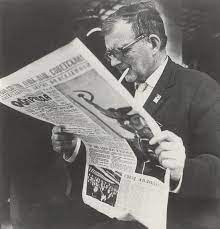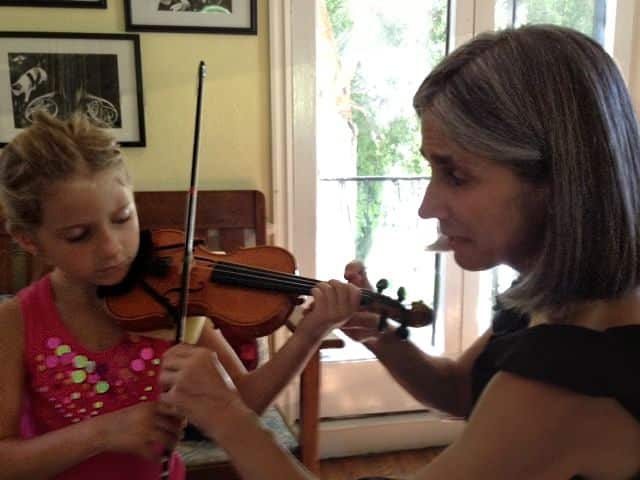Works you should only hear live: Prokofiev sonata
mainLike most listeners, I have absorbed most of my musical memory from records.
One makes allowances for editing and distortion but we assume that what we hear is more or less a simulacrum of the real thing, and that’s how it should go.
Until, with certain works, you meet the real thing again in concert.
Yesterday at the Jerusalem International Chamber Music Festival, I heard the Prokofiev sonata for two violins and had to rethink the work from the ground up.
What did I miss on record? The drama of physical competition between the two violins, the daring delays by which players tease and tempt each other, the whispering conspiracies: I can play it quieter than you.
Prokofiev was trying to say something here about things which cannot be said aloud (especially in Stalin’s Russia). You cannot hear than on any of the recordings I have sampled. You have to hear it live.
The Jerusalem gladiators, Alexander Sitkovetsky and Latica Honda-Rosenberg, did not yield a millimetre or a pppp to one another right through the piece.
And the audience were silent as the hills before dawn.
Thrilling.






Comments